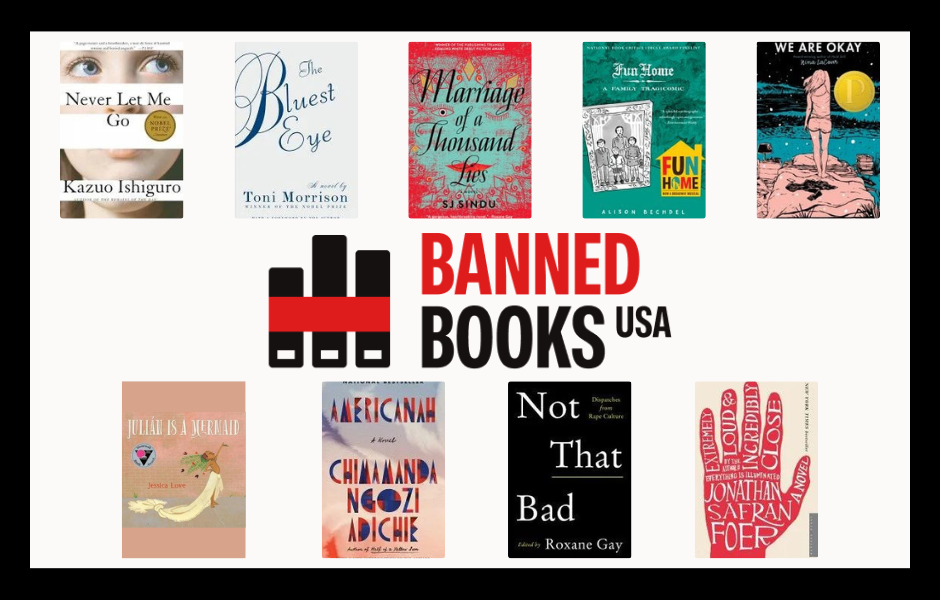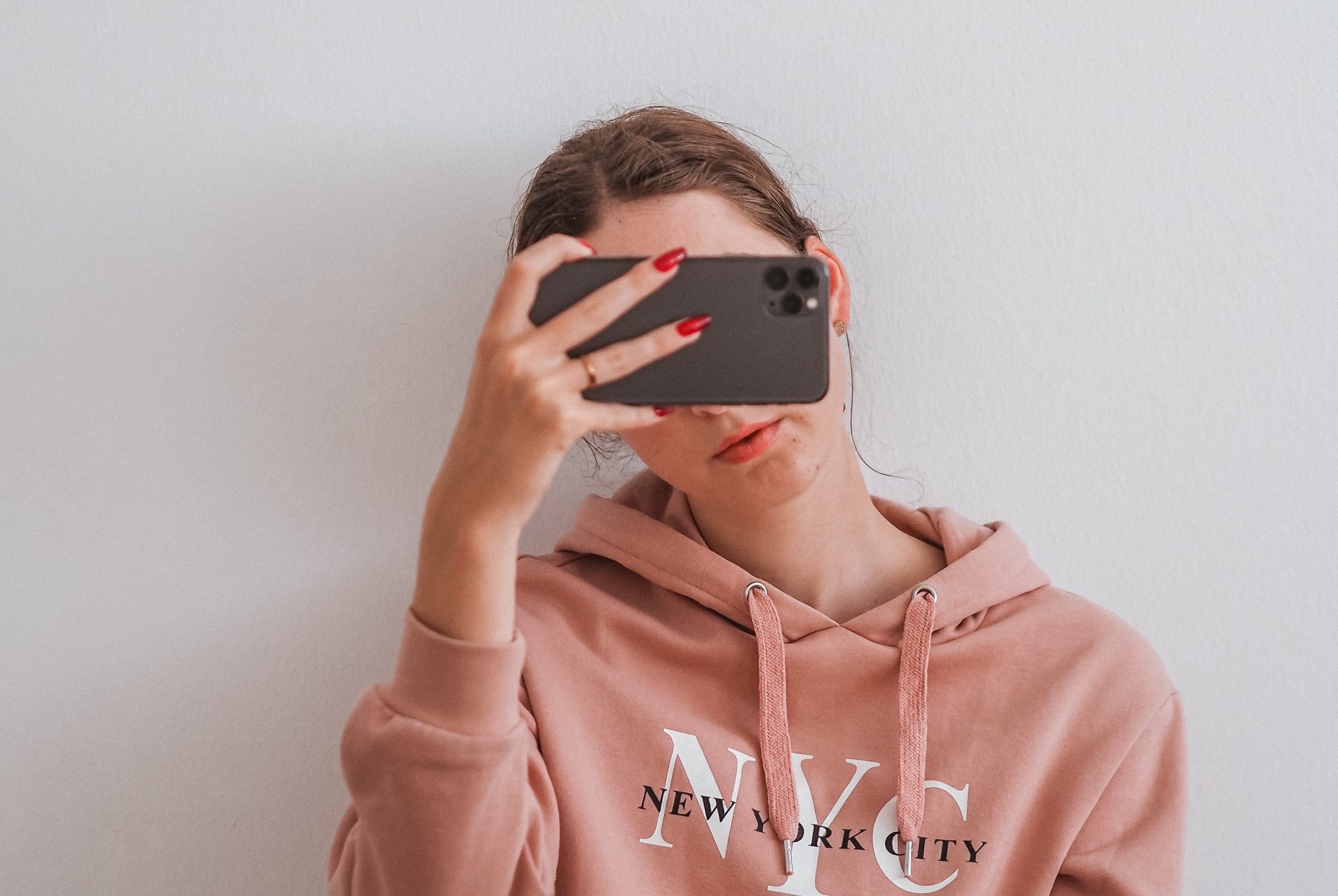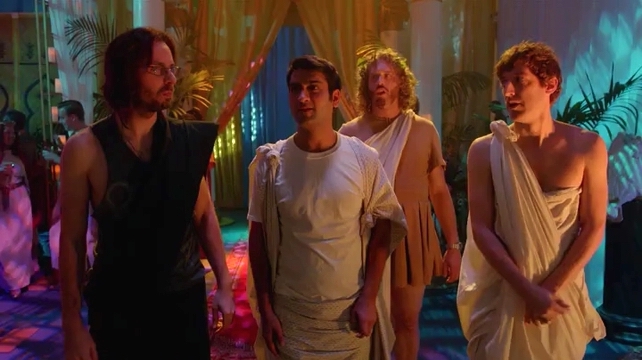interviews
An Epidemic of Loneliness In A Constantly Connected World
Athena Dixon unpacks the different forms of loneliness in "The Loneliness Files"

Athena Dixon’s The Loneliness Files: A Memoir in Essays opens on New Year’s Eve of 2021, with Dixon alone in her apartment in Philadelphia, thinking about death during a year fraught with pandemic fear. The first pieces explore her fascination with women who died on their own and, because they had no family or friends who checked in on them, went undiscovered, sometimes for years. This leads Dixon down a true crime rabbit hole, as she finds a strange sense of connection with these strangers who went unmissed by the world.
As the collection develops, the theme of loneliness is sounded in myriad ways, with Dixon shuttling back and forth in time. In some, she zooms close—for instance, describing the suffocating isolation of being a Black teenager pulled over on a deserted road by aggressive white cops. In others, she pans wide, exploring her lifelong fascination with fan fiction, her relationship with alcohol, and her closeness to family who live far from her, in the midwest. Piece by piece, with a sharp attention to language befitting her background as a poet, she brings the reader deep into her life’s experiences, so that at the book’s close, Dixon returns to that morbid scene on New Year’s Eve, this time not grieving strangers but family members who died of COVID-19.
I spoke to Dixon about the epidemic of loneliness, the soundtrack to her book, and writing fan fiction.
Brian Gresko: In the essay “Double Exposure,” speaking about your childhood, you write: “…I lived in some sort of duality. Halfway on the path of what a good girl should be and always wanting to veer off into the opposite direction. Or to be left alone. But to also be the center of attention.” This resonated so much with me! Do you think this duality is something shared by many writers? Because so much of what you’re talking about here strikes me as similar to writing.
Athena Dixon: I think most writers I know have a duality of the lived experience versus the written experience. Not that there is necessarily a large gap between the two, but I’m always mindful of how I am approaching my life experiences. I question: is this something I want to write about? Then tuck it away once I have distance from it versus trying to analyze and examine it in real time. I ask whether the experience is something to be lived and held as a private joy versus given to the world. Or can it be both? This duality also extends to my need for solitude, or the need for creative companionship when it comes to my work.
During the 2020 lockdowns, I needed creative companionship, so I did sprints on Zoom with my writing group three times a week. I wrote an entire novel during that first run. There was an energy in those meetings that helped me put words on the page because it was my only real outlet for observation and creative conversation. Yet, when it came to writing the essays in The Loneliness Files, I closed myself off to get a better handle on what I was trying to examine. I needed the quiet and the space to really think of how these feelings echoed in my life.
BG: Recently you mentioned on Instagram that you’ve been hearing from readers who have read the book and felt it resonated with them. We live in a time when the Surgeon General has put out a report on “Our Epidemic of Loneliness and Isolation.” Do you think there are more lonely people out there than we might think? What do you hope someone who is struggling with loneliness takes away from your book?
It can be difficult to express what it’s like to feel loneliness in a world that is seemingly always connected.
AD: There may not necessarily be more lonely people in the world, but I think more lonely people are recognizing the feeling and are more open to discussing it. I want to avoid leaning too much into the pandemic, but I really believe the last three years were a catalyst for some people to step outside of the daily grind and start to examine the connections in their lives. For some, this reflection led them to the conclusion they were not as intimately tied to the world as they believed when life was moving full speed ahead. I know I was one of them. My life is generally pretty packed and for a long time that created the illusion for me that I was nurturing connections. I was, but not nearly as much as I could have been. That revelation came to me in the very small moments of my life. Those feelings were never grand—they were ingrained into the daily acts of living I never gave second thought to until I didn’t have a choice other than to slow down and really pay attention.
More than anything I hope that people feel seen. It can be difficult to express what it’s like to feel loneliness in a world that is seemingly always connected, right? There are always notifications and expectations for response along with the highly curated version of our lives that we tend to share on social media. All of this can push these feelings to the side, and I hope that by sharing my own struggles and reflections that it helps others feel comfortable in doing the same.
BG: The book opens and closes with you meditating on death. What is the connection between thinking about mortality and loneliness?
AD: For me, mortality never seemed intimately connected with loneliness outside of the idea of crossing over into the next life alone. However, the deeper I got into writing the book, and researching the lonely deaths I came across, I started to rethink that. Of course, the women I write about in the book all died alone and were missing from the world for quite some time before their discoveries, but there was another element that rose to the surface. That was the concept of loneliness existing in grief—the loneliness that is dealt with by those left behind.
I started to think about how this feeling manifested depending on where you stood with the person who’d passed. How long had you been apart? Why? Were you on the fence about reaching out? Did you and it was too late? When answering those questions for myself I found that I’d placed so much distance between me and some of those I loved, and no matter the reasons I gave myself for that distance, it was a very lonely place to end up by myself. What I was left with were even more questions about how I wanted to proceed. Did I want to continue on the current path and be right back in that isolation when the next death occurred or did I want to figure out a balance between my need for space and rebuilding the connections I’d let lapse?
BG: One structural element that contributes to the book’s cohesiveness are the listening recommendations that accompany each section. In some of the essays themselves you mention music—for instance, an accounting of what you own includes six Björk cds. Can you tell me more about the listening recommendations and the intention around the decision to include them? And, generally, does music play a big role in your life?
AD: I love Björk! “All is Full of Love” is one of my favorites!
I often joke that my Spotify subscription is the most important non-essential money I spend each month. Music has been such a huge influence in my life because it was built into my foundation from before I was born. My mom told my dad about being pregnant with me at a concert. My father DJ’ed local events for my entire childhood and my mother briefly owned a record store. I, along with my sister and my father, played cello for years. There was always vinyl, cassette tapes, and CDs in our home in large numbers. This love of music carried over into my creative life. Nearly everything I write has a playlist or at least a singular track that I listen to before I start to write. Even though I write in silence, music is an important step for me in coming to the page.
The biggest difference between the loneliness I felt as a teenager versus now is that I see the cause of the loneliness through two different lenses.
When it came to including music in the book there wasn’t any real doubt it wouldn’t appear in some form. I shuffled between the idea of including the entire playlist I compiled for the book, individual lyrics for each essay, and finally the format of a small selection for each section. It was not only important for me to include music because of what it means for me personally, but also because each of the songs has either a lyrical or sonic component that opens up a path into the work, almost a back door of sorts. The pieces can be read without the soundtrack, but I think music does something to the body as much as the brain and I wanted to play with that idea. Is there a different experience when a person reads while listening? Does it fire different memories for them? Does the music relax them and that in turn makes their mind a bit more free? All of those possibilities are very interesting to me.
BG: In “Deprivation,” you write about how unmoored you feel without your phone. This made me wonder: do you ever struggle with phone use taking you away from writing, or reading, or just daydreaming? I find this such a common complaint among writers, particularly GenXers who remember life before smartphones and social media, though sometimes I wonder if we’re not romanticizing that time period.
AD: I struggle with being distracted. Part of that is my ADHD diagnosis, but a part of it is that so much of my daily life is tethered online, mainly via phone, and it is difficult to disengage from that. I think I’ve been trained over my adult life to always be available. Whether that be clearing notifications as quickly as they appear or not taking too long to answer emails or any other digital expectation that pops up in the course of a day. Some days fighting against that is placing my phone in another room or time blocking my writing/working time. Other days I justify the distraction by reminding myself maybe the distraction is necessary because I need down time. But I will be honest and say there is always a feeling of worry when my phone is not near me because I worry about missing something.
I’m also a Gen Xer and I remember being completely disconnected from online life, but what I remember more is how when I got my first taste of the Internet when I was 18 I never looked back. At my current age, I’ve spent more of my life online than off so I don’t give too much thought about what it was before. And my writing life really didn’t start to truly form until I was online. I was writing well before I knew what the Internet was, but I really started gaining confidence via poetry forums, message boards, and my Angelfire website. My romanticism is much more tied to the digital side of my life because it is where I really came of age. The problem with that romanticism, however, is that it includes a real dependency on being always online and that can easily railroad plans and writing goals.
BG: In “I Was In Love With Jake Sisko,” you describe your early love of Deep Space Nine, and writing fan fiction, and how, after the MCU movie Black Panther, you returned to that practice. You write specifically about finding a space as a Black woman in those worlds, and this resonated with me, though from a queer perspective. I’m curious to know: do you still write fan fiction? And is there any connection between writing in that mode and your memoir work?
AD: I do still write fan fiction! Not nearly as much as I have over the last five years or so, but I’ve been tinkering with writing a new piece that has been rolling around in my head for quite some time. My ultimate pop culture dream right now is to write a Jabari Tribe/M’Baku novel for Marvel.
There is quite a bit of overlap in how I craft my fan fiction and my memoir work. I noted in the book that at some point I was only writing fan fiction. Doing so, and getting to build community with the other writers, really helped me keep my creative brain working and also helped me figure out how to engage with my audience. Writing those stories allowed me to figure out how to build emotions and tension with readers and how to use scene and senses to place them into the spaces I needed them to be immersed in to get my point across. It also helped me strengthen writing work with little to no dialogue and still being able to create interest.
BG: Does the experience of loneliness change as you age? Is feeling lonely as a teenager fundamentally different from feeling lonely in your forties?
AD: The biggest difference between the loneliness I felt as a teenager versus now is that I see the cause of the loneliness through two different lenses. When I was younger, I placed all the blame for what I felt on external sources. I thought I wasn’t cool enough. Or popular. People didn’t see me or give me a chance to be included. I didn’t give too much thought about the actions I took to feel at least some of the disconnection. Now, I see that I’ve clearly made decisions that have amplified how I feel and I am much more cognizant that even if there are still some external factors to my loneliness, I have the power to either rectify what I think is off balance or accept that it is what it is. And also, I think the type of loneliness I feel has changed. It’s no longer a fully social loneliness I feel. In my forties, it is much more of an intimate loneliness and yearning for a deeper connection with what I want for the remainder of my life.
BG: I feel like our society stigmatizes loneliness, particularly when it comes to women, and especially when it comes to women who are middle-aged and older. Did you think about challenging that stigma while writing the book? How do you see The Loneliness Files in terms of our cultural conversation about loneliness?
AD: Loneliness exists in so many ways, and across so many demographics, but it was important for me to write from the lens of a woman who is an aging gray area. I’m out of the target demographics for most marketing, but I’m not near retirement age. I think there are so many spaces for loneliness to build in this kind of life. Between raising children and taking care of parents or feeling like you are being pulled in so many directions but never being fully at rest—all of it breeds points of possible disconnection. I hope that the book gives air to some of these intersections. While it wasn’t the goal, I hope that the book leads to a more internal view of our lives.









